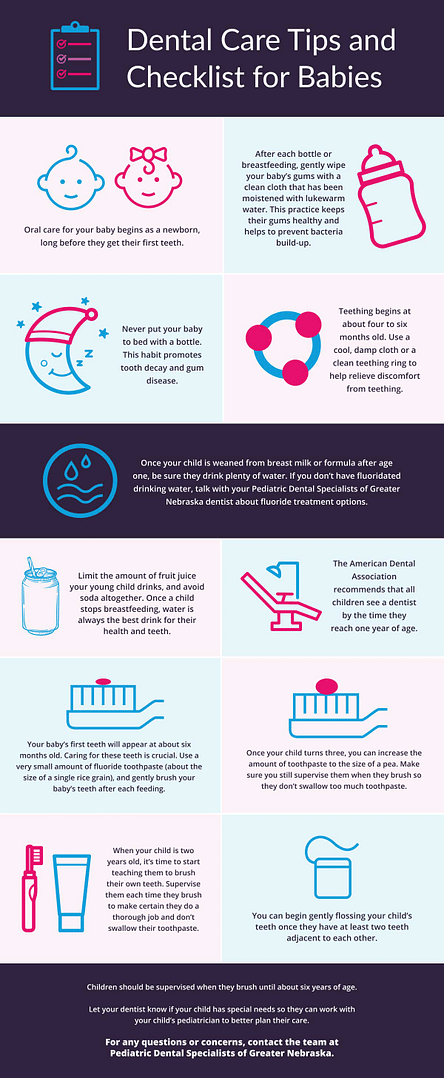
Baby Teeth Care: A Comprehensive Guide for Parents
As a parent, ensuring the health and well-being of your little one is paramount. This includes taking care of their oral hygiene, starting from the moment their first tooth erupts. Baby teeth, also known as primary teeth, play a crucial role in your child’s overall development, and proper care is essential for their long-term dental health.
The Importance of Baby Teeth
Baby teeth serve several important functions:
- Chewing and Digestion: They help your child chew and break down food, enabling them to transition from liquids to solid foods.
- Speech Development: Baby teeth assist in forming sounds and words, contributing to your child’s speech development.
- Space Maintenance: They hold space for permanent teeth to erupt in the correct position.
- Facial Development: Baby teeth support the growth and development of the jaw and facial muscles.
- Self-Esteem: A healthy smile can boost your child’s confidence and self-esteem.
When Do Baby Teeth Erupt?
The eruption of baby teeth typically begins around 6 months of age, with the lower central incisors (front teeth) appearing first. By the age of 3, most children have a full set of 20 baby teeth.
Signs of Teething
Teething can be an uncomfortable process for babies. Common signs include:
- Drooling
- Irritability
- Swollen gums
- Chewing on objects
- Ear pulling
Baby Teeth Care Tips
- Start Early: Begin cleaning your baby’s gums even before teeth erupt. Use a soft, damp cloth or a finger brush to gently wipe away any bacteria.
- Brush Regularly: Once teeth appear, brush them twice a day with a soft-bristled toothbrush and a pea-sized amount of fluoride toothpaste.
- Use Fluoride Toothpaste: Fluoride strengthens tooth enamel and helps prevent cavities.
- Limit Sugary Drinks and Foods: Sugary substances can damage baby teeth. Encourage your child to drink water or milk instead of juice or soda.
- Avoid Bedtime Bottles: Prolonged exposure to sugary liquids during sleep can lead to tooth decay.
- Offer Healthy Snacks: Fruits, vegetables, and cheese are healthy snacks that promote oral health.
- Visit the Dentist Regularly: Schedule regular dental checkups for your child, starting around 6 months of age. The dentist can monitor their oral health, detect any problems early on, and provide guidance on proper care.
Common Baby Teeth Problems
- Cavities: These are areas of tooth decay caused by bacteria that feed on sugar.
- Gum Disease: This is an infection of the gums that can lead to bleeding, swelling, and pain.
- Tooth Trauma: Baby teeth can be damaged by falls or accidents.
- Thumb Sucking: Prolonged thumb sucking can affect the alignment of teeth.
Treatment Options for Baby Teeth Problems
- Fillings: Cavities can be treated with fillings to restore the tooth’s structure.
- Cleanings: Regular cleanings remove plaque and tartar from teeth and gums.
- Fluoride Treatments: Fluoride treatments can strengthen tooth enamel and prevent cavities.
- Orthodontics: If necessary, orthodontic treatment can correct misaligned teeth.
Conclusion
Baby teeth care is an essential aspect of your child’s overall health and well-being. By following these tips, you can help your little one maintain a healthy smile and set the foundation for a lifetime of good oral hygiene. Remember to consult with your dentist regularly for personalized guidance and professional care.
